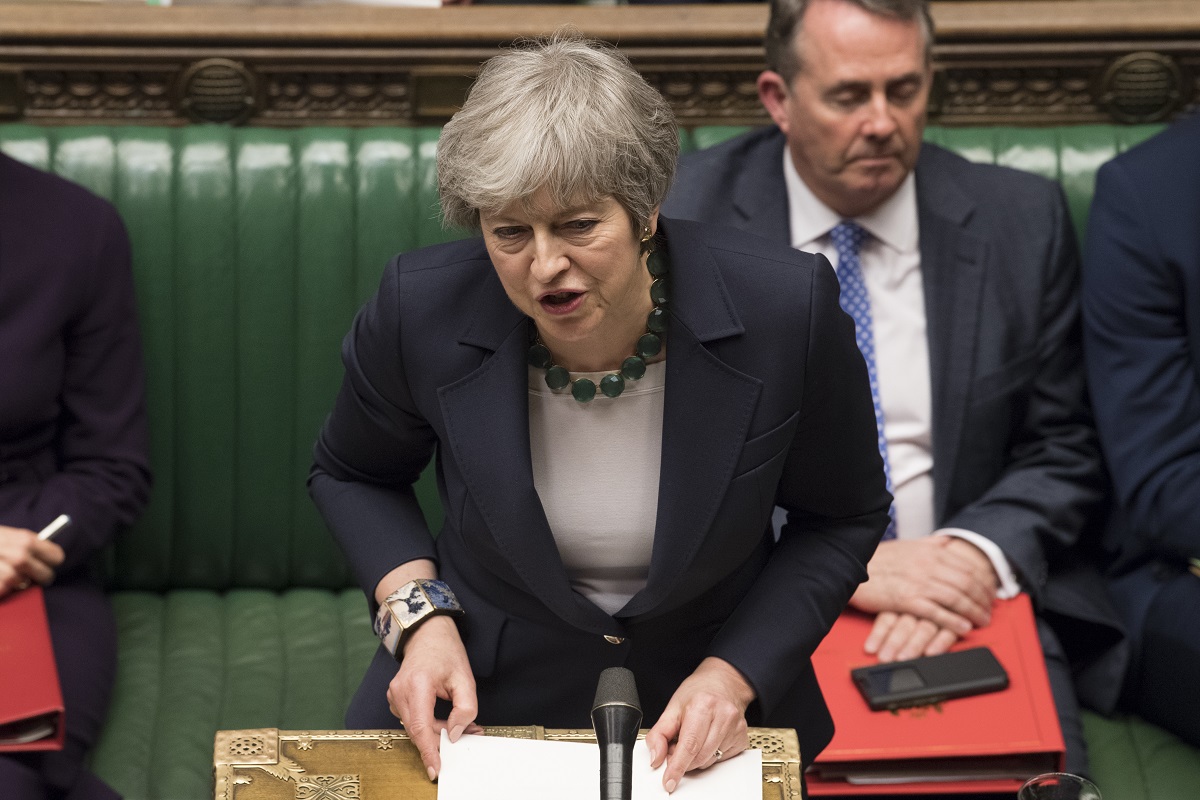Britain is in crisis. And symptomatic of the unabated imbroglio over Brexit is the current refrain that the ruling Conservative party is on the verge of a nervous breakdown. It is difficult for a Prime Minister to reconcile herself to serial defeats in Parliament; the overwhelming uncertainty can jolt any government to its foundations. And on Tuesday night Theresa May was defeated yet again, indeed for the 18th time in course of her short premiership. She has lost what she called the “meaningful vote” on her deal to leave the European Union, though the margin was smaller than the record defeat she suffered in January. The vote has doubtless conveyed a message to 10 Downing Street, specifically that there is no call to precipitate matters and hustle the United Kingdom out of EU. Crucially contentious issues, notably the status of Northern Ireland and the nitty-gritty of Customs, remain to be worked out. Daunting must be the legislative reality ~ her failure to secure a majority for her withdrawal agreement suggests that her command over Parliament is waning. Tuesday’s debacle comes a little over a fortnight before Britain is scheduled to leave the EU on 29 March. The timeframe would suggest that there isn’t much time to push the agreement in the House of Commons. The Legislature has had its way; the Executive is in a state of nerves just as it is woefully divided; and the raison d’etre of Brexit remains ever so unconvincing even within the ranks of the Tories. This succinctly is the sum and substance of Britain’s constitutional crisis.
Not that Mrs May never quite anticipated so dismal a scenario. She will now hold a parliamentary vote on whether MPs want to leave the EU without a deal. This would make Brexit both damaging and disorderly, suggestive of the increasingly fractious state of Britain today. It is palpable that ever since the referendum in June 2016, Brexit has weakened her authority as Prime Minister, leading to the cynical impression that it does not even extend to the cabinet table, forcing her to give a free vote on whether or not to back a hard Brexit. The cabinet ministers will almost certainly vote to transform the current political and constitutional crisis into an economic one. A no-deal Brexit needs to be voted down to stop further dilution of authority. If the scale of the opposition to her Brexit deal in January was unable to gain any significant changes from EU counterparts on the Irish backstop insurance policy, then it is unclear what will be achieved in another two months. Mrs May’s predicament is embedded in errors of diplomacy, style of governance and domestic political strategy. MPs can well vote for a delay, and one that is longer than the respite Mrs May desires. The referendum on 23 June 2016 has served to deepen the divides in Britain. It was a wafer-thin Leave vote, after all. And dire is the uncertainty after close to three years.
Advertisement











